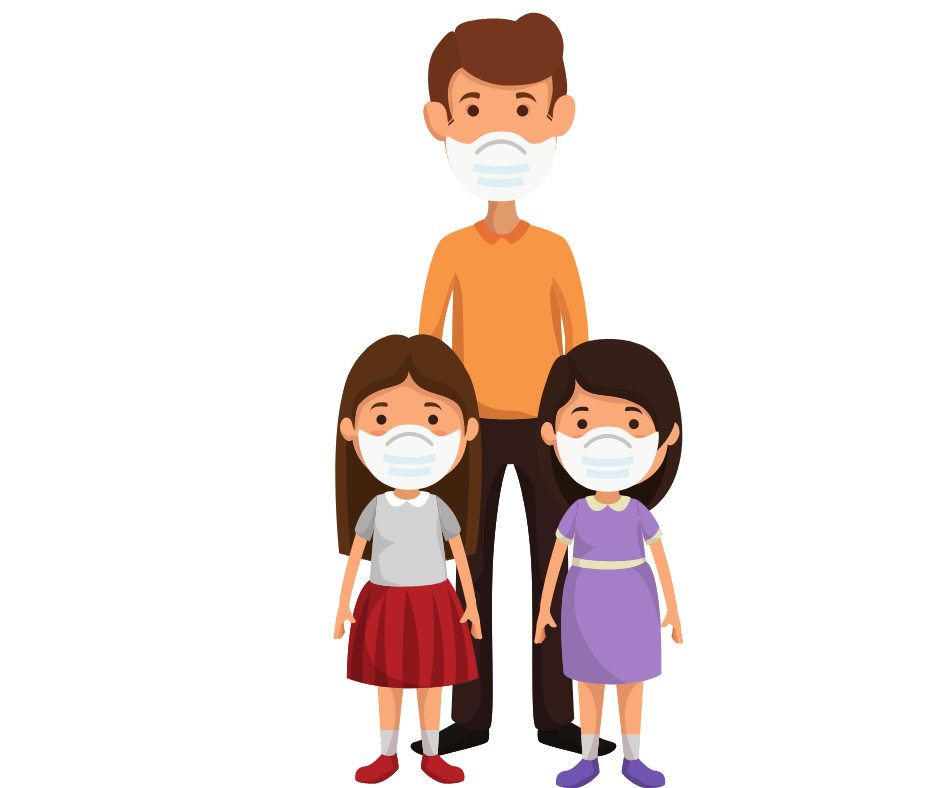Does COVID-19 impact young people?

COVID-19 can impact people of all ages, including young individuals. While older adults and those with underlying health conditions are generally at higher risk of severe illness and complications from COVID-19, younger individuals can still experience a range of symptoms and outcomes, including mild to moderate illness, severe illness, and long-term effects.
Here are some key points about how COVID-19 can impact young people:
- Symptoms: Younger individuals infected with COVID-19 can experience a variety of symptoms, including fever, cough, shortness of breath, fatigue, body aches, loss of taste or smell, sore throat, headache, and gastrointestinal symptoms like nausea or diarrhea. Some may remain asymptomatic or have mild symptoms.
- Risk of Severe Illness: While severe illness and hospitalization are less common among younger age groups compared to older adults, some young individuals, particularly those with underlying health conditions, can develop severe COVID-19 requiring hospitalization and intensive medical care.
- Long COVID: Young people can also experience long-lasting symptoms after recovering from acute COVID-19 infection, a condition known as long COVID or post-acute sequelae of SARS-CoV-2 infection (PASC). These symptoms may include fatigue, shortness of breath, cognitive difficulties ("brain fog"), joint pain, and others, lasting for weeks or months after the initial illness.
- Transmission: Younger individuals, including children and adolescents, can still transmit the virus to others, even if they themselves do not develop severe symptoms. This underscores the importance of preventive measures such as wearing masks, practicing physical distancing, and getting vaccinated to reduce transmission in the community.
- Vaccination: Vaccination is a crucial tool in protecting individuals of all ages against COVID-19. Young people who are eligible for vaccination should get vaccinated as soon as possible to reduce their risk of infection, prevent transmission to others, and contribute to community immunity.
Overall, while young people may be less likely to experience severe illness from COVID-19 compared to older age groups, they are not immune to its effects. It's important for individuals of all ages to take precautions to protect themselves and others from the virus.


